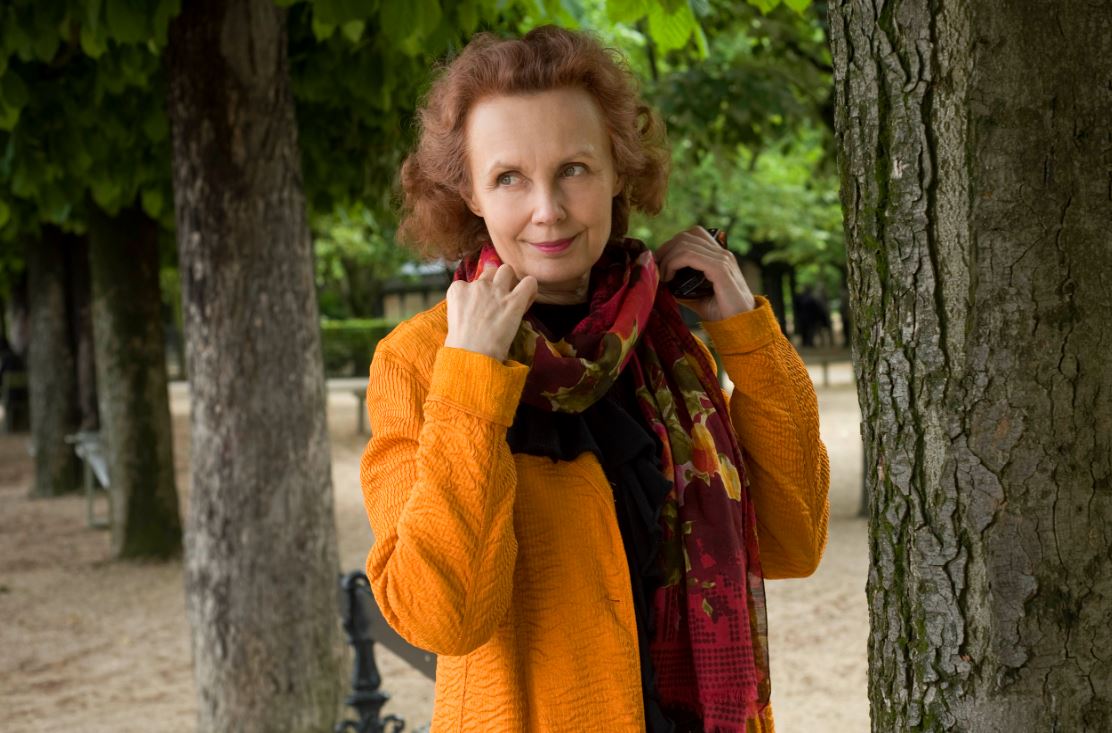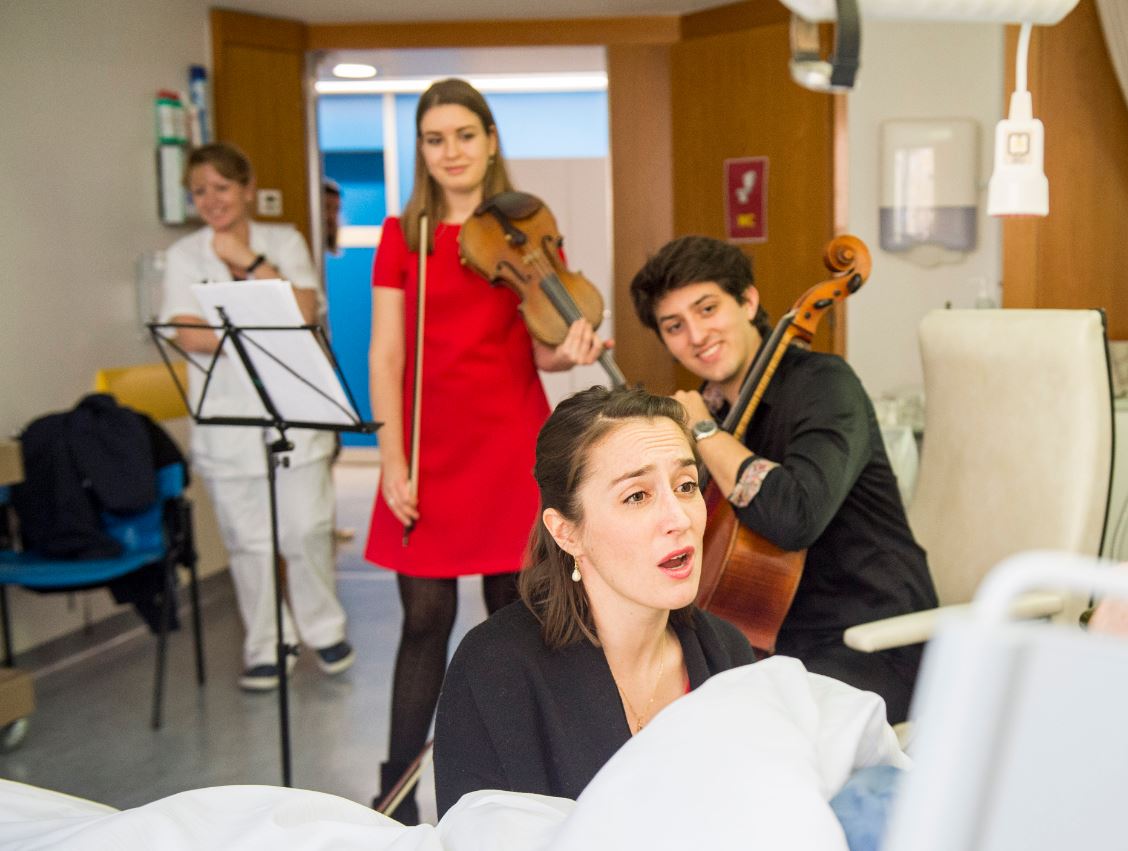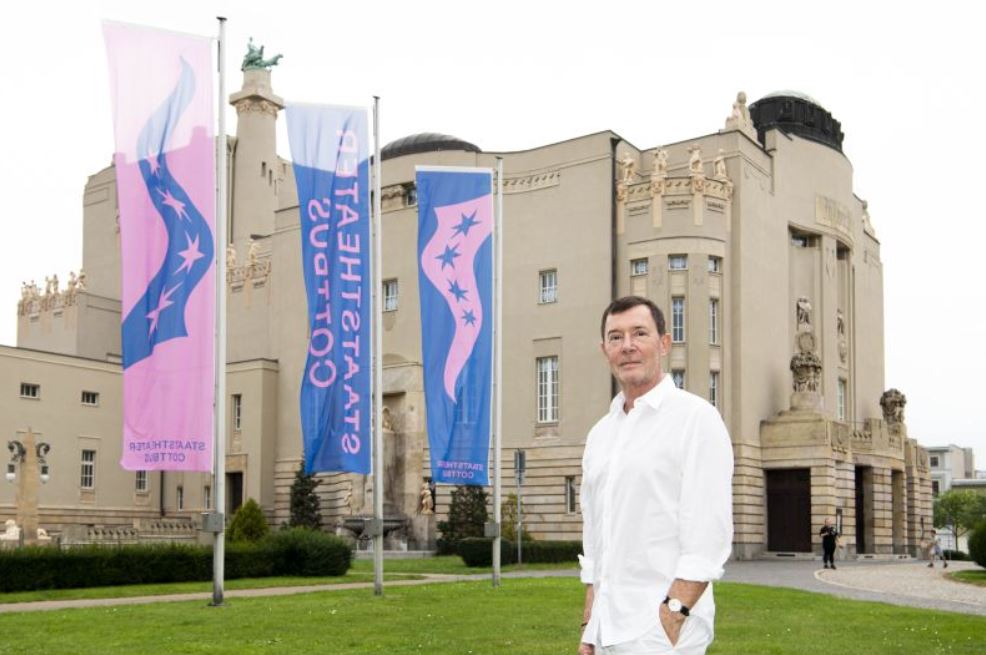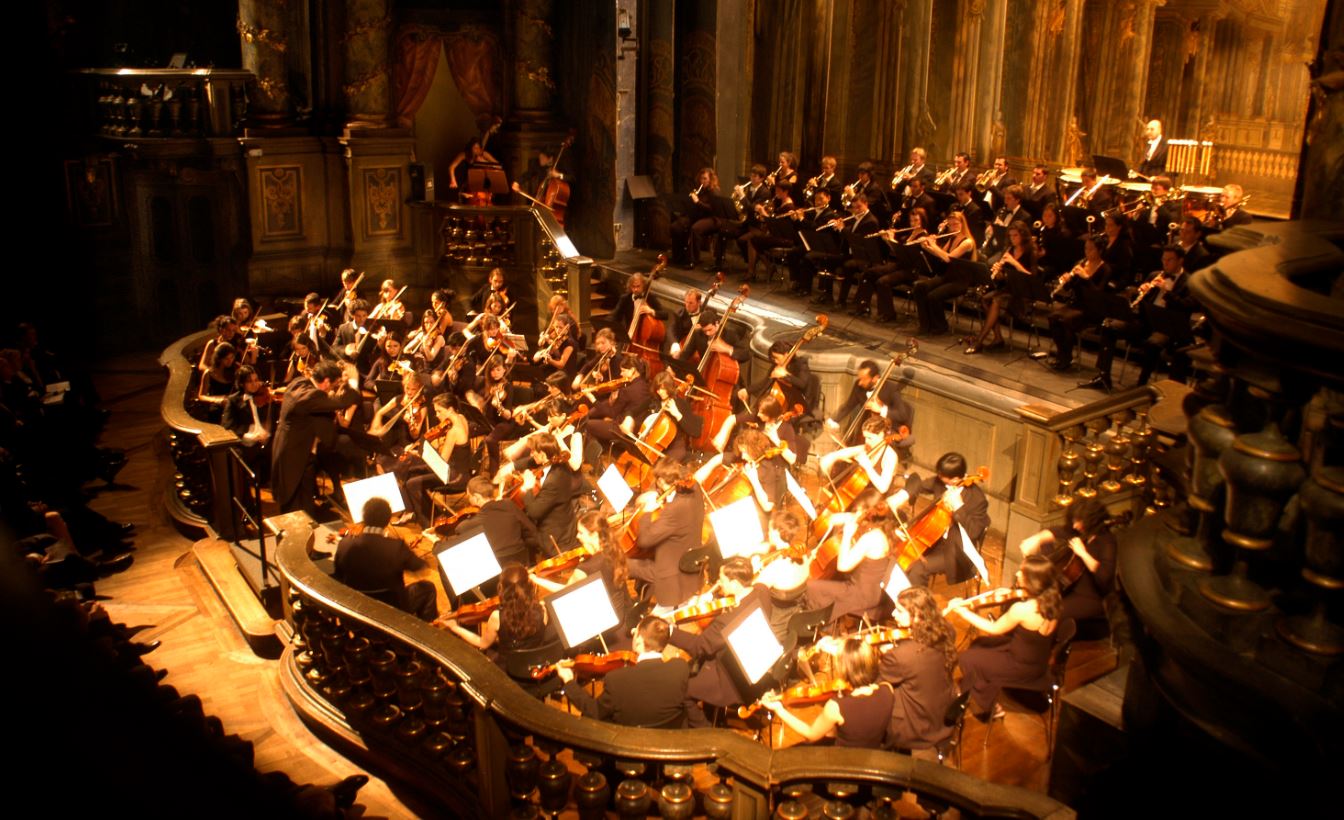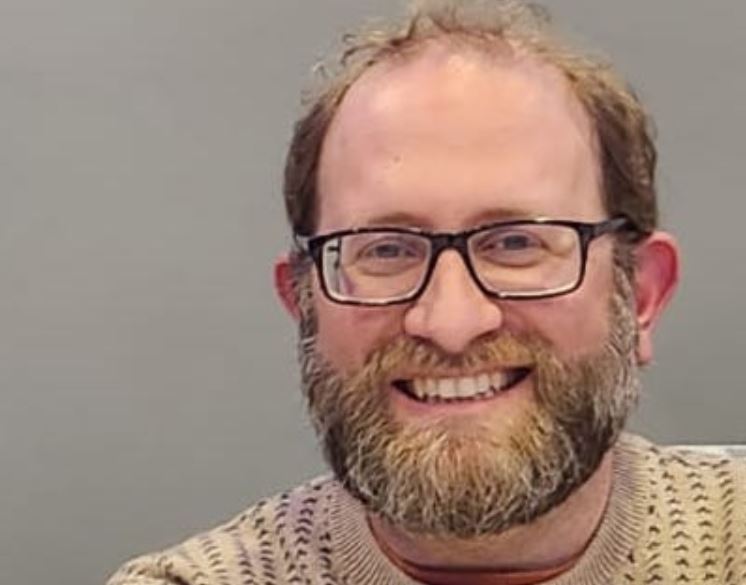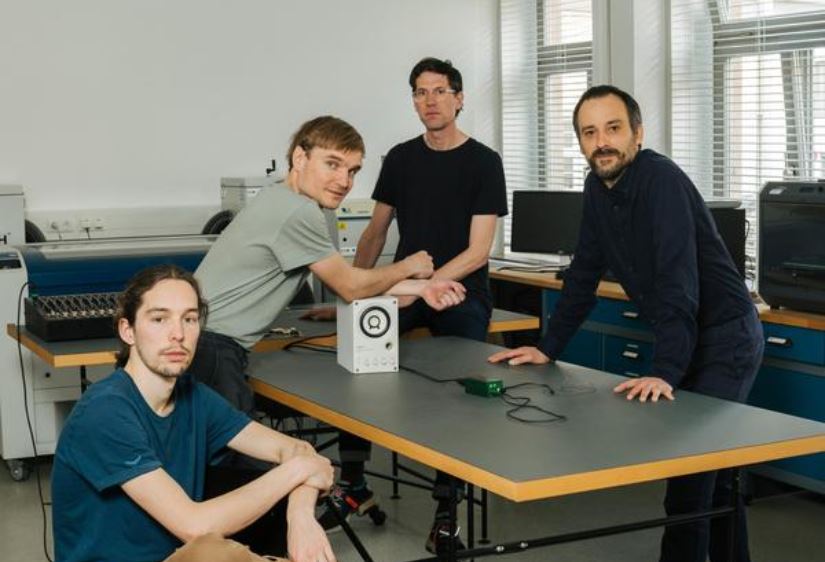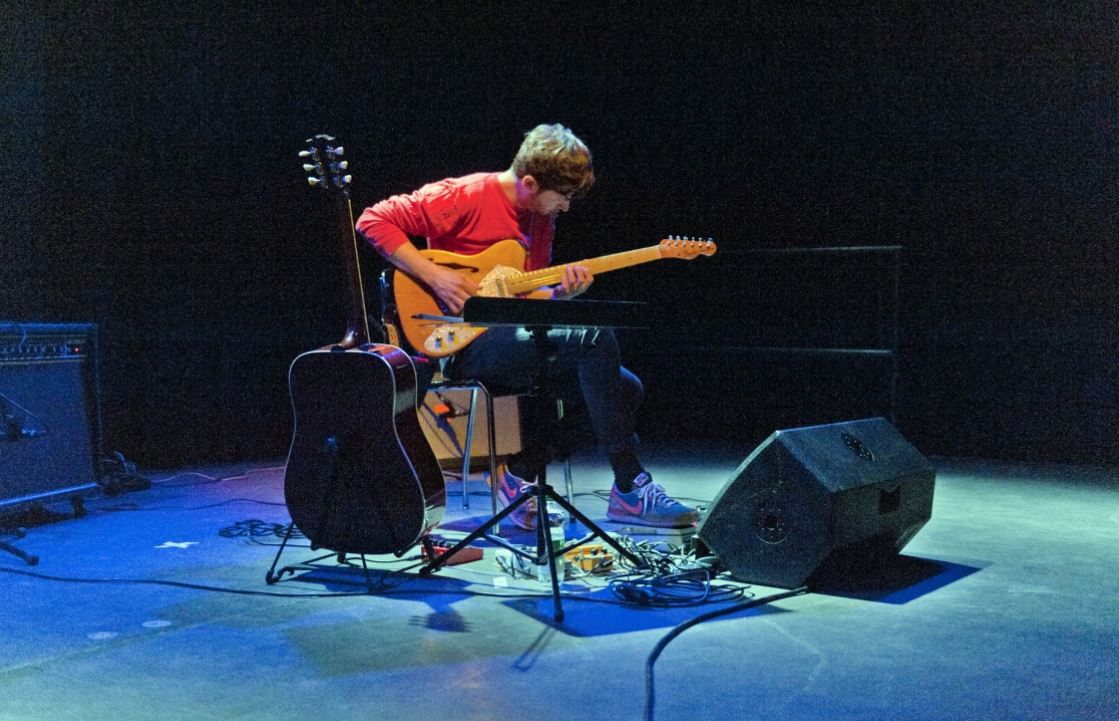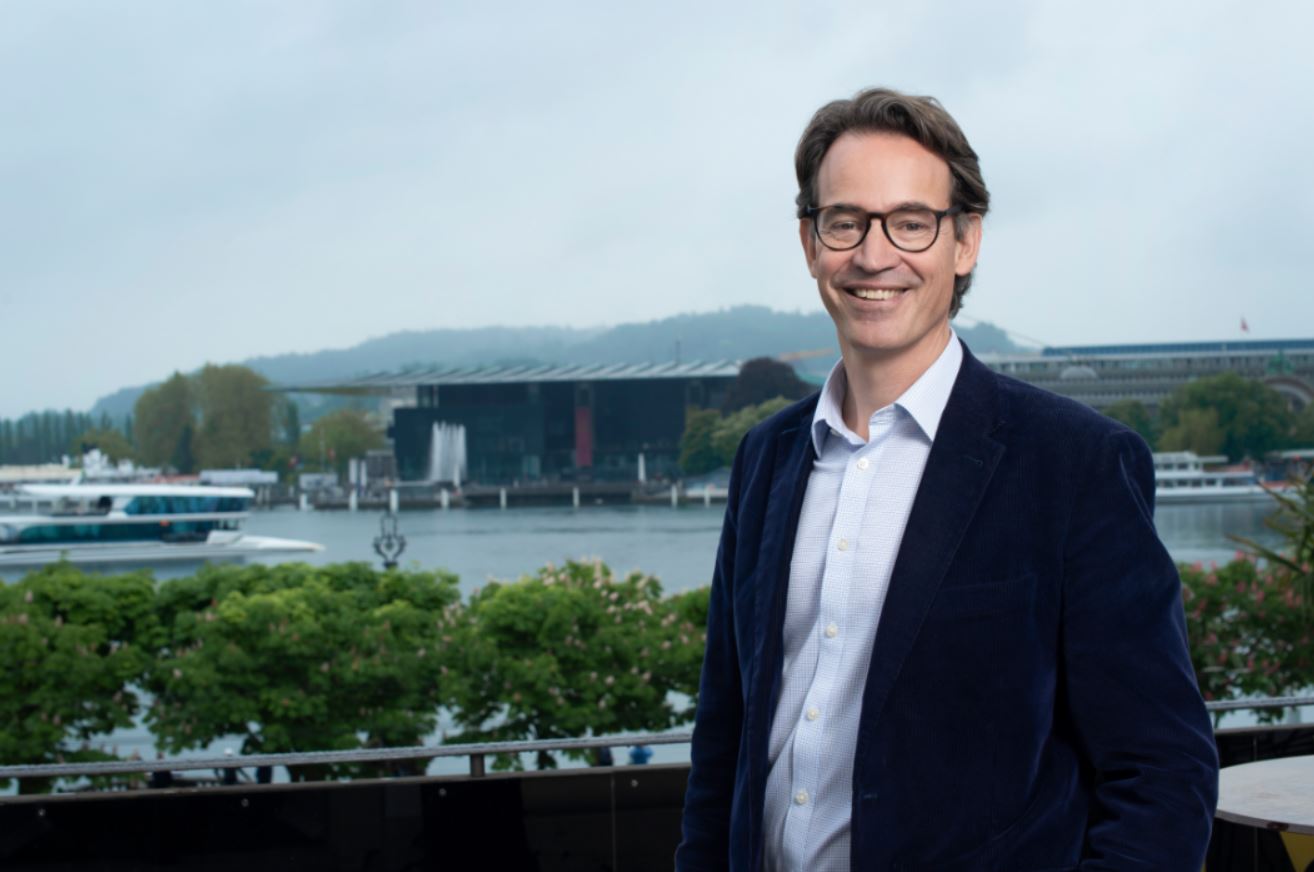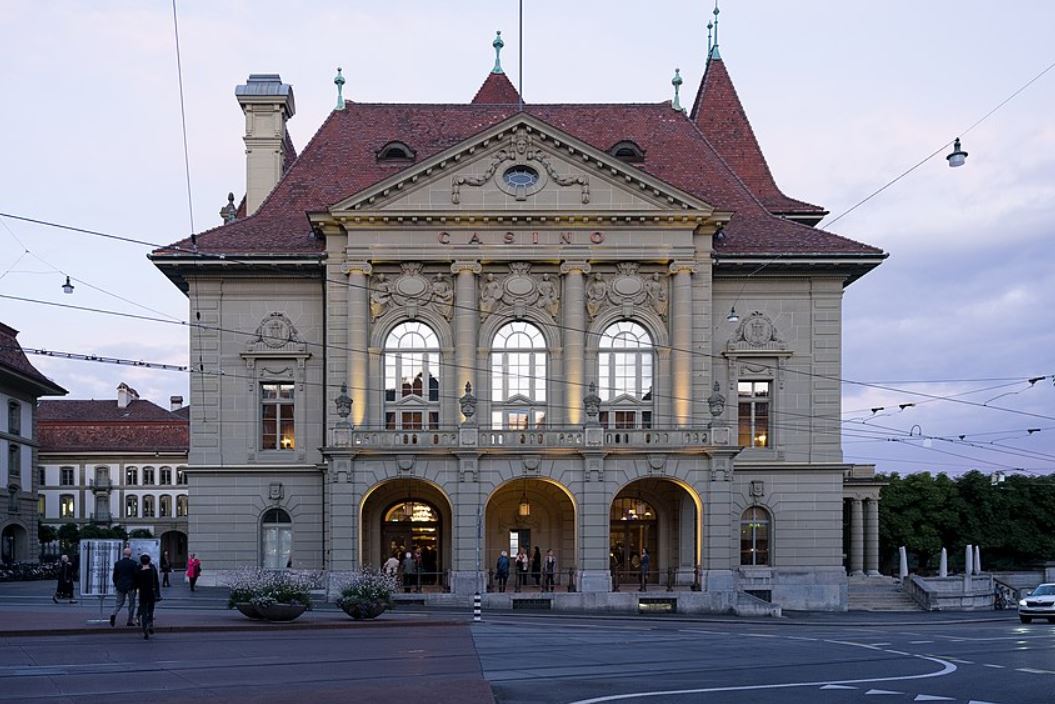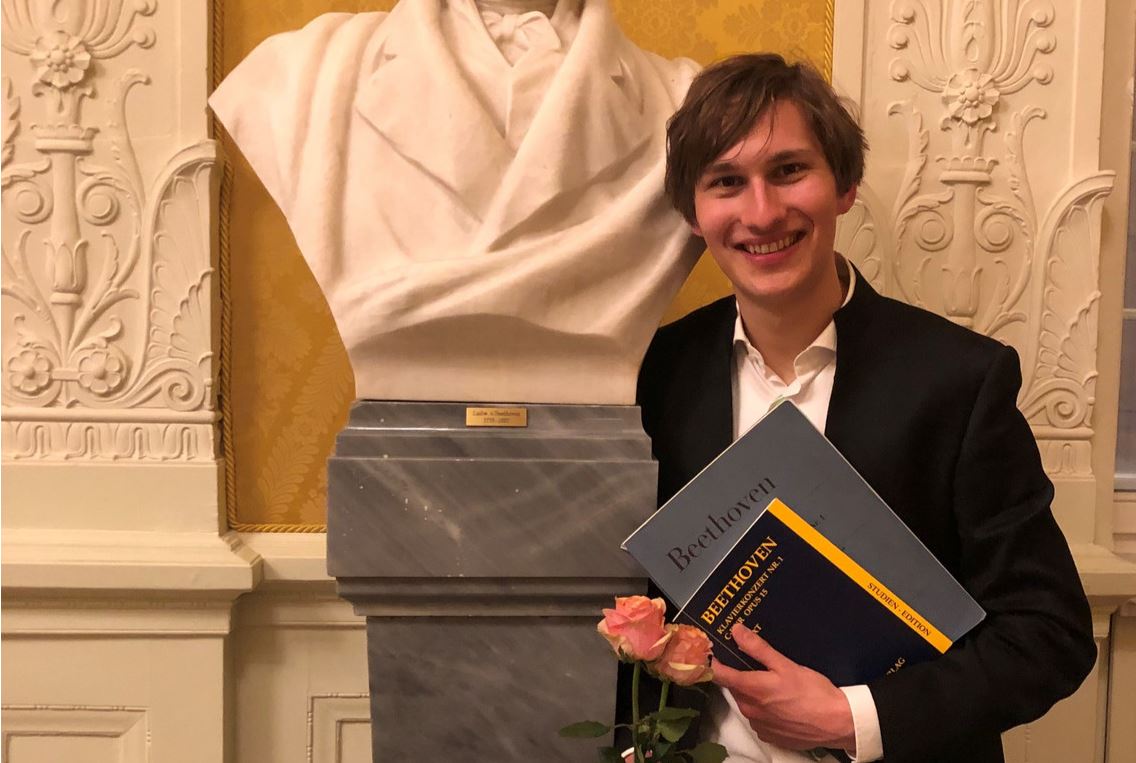Federal Council launches discussion on cultural funding from 2025
The Federal Council wants to realign the promotion of culture. To this end, it has defined six areas of action in its Dispatch on the Promotion of Culture for the period 2025-2028.
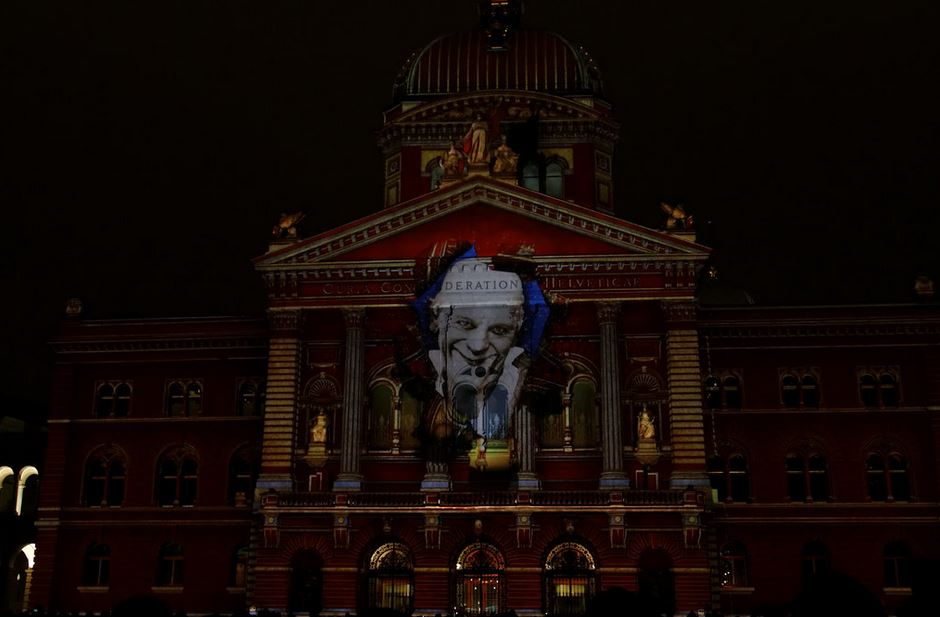
The federal government has taken the Covid crisis as an opportunity to analyze the challenges facing culture in Switzerland with the involvement of the cantons, cities and municipalities as well as cultural associations from all sectors. Based on this assessment, the Federal Office of Culture (FOC), Pro Helvetia and the Swiss National Museum are realigning the focus of their activities in the new cultural message, according to their press release. To this end, they have defined six fields of action:
- Culture as a world of work: The Confederation will contribute to the appropriate compensation and social security of professional cultural workers and advocate fair framework conditions and equal opportunities in the cultural sector.
- Updating cultural funding: The federal government is focusing more strongly on the work phases upstream and downstream of production.
- Digital transformation in culture: The federal government takes new digital and hybrid formats of production, dissemination and communication into account in its funding activities.
- Culture as a dimension of sustainability: The Confederation continues to develop the strategy for a high level of Baukultur and contributes to tackling climate change, protecting biodiversity and promoting renewable energies. It takes measures to support sustainability in the cultural sector and promotes social cohesion through broad access to culture, be it through the promotion of inclusion, new forms of cultural participation or the strengthening of amateur culture.
- Cultural heritage as a living memory: The Confederation is committed to a nationwide initiative for the appreciation and communication of Switzerland's tangible, intangible and digital cultural heritage. This commitment also includes promoting the professional and ethical handling of historically significant cultural heritage in Switzerland.
- Governance in the cultural sector: The Confederation is committed to greater cooperation and coordination in the cultural sector and with other sectors, is committed to a strong Swiss presence in international cultural policy and is developing a monitoring system with key figures on the cultural sector.
More info:
https://www.admin.ch/gov/de/start/dokumentation/medienmitteilungen.msg-id-95623.html






